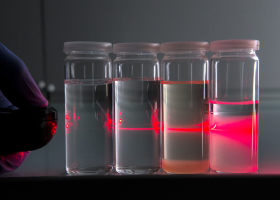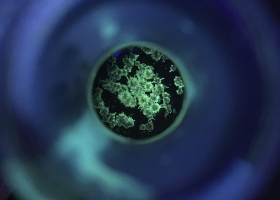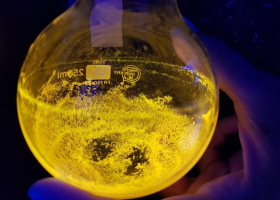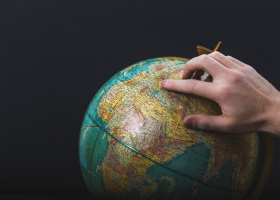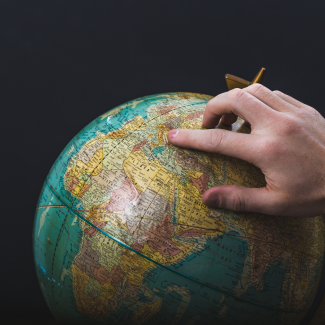An international presence around competitive themes
Both internationally and in France, the strongest and most competitive themes for the INC remain energy (Japan and Russia), materials (Canada, India, Japan, USA, Russia, etc.), health (India, China, Vietnam, Malaysia) and sustainable development (Singapore, Russia, Japan, Canada).
Until recently, CNRS Chemistry's international activities focused mainly on the BRICS countries, especially Brazil, Russia, India and China. Now the Institute's efforts also focus on strengthening relationships with the USA, Canada, Japan and Korea.
These partnerships are carried out with Universities or foreign academic research organizations and/or with industrial chemical players such as the Solvay group in China in the field of catalysis and in the USA in the field of soft materials and polymers, or with Saint-Gobain in Japan in the field of materials.
CNRS Chemistry has established contractual relationships in Europe beyond its actions under the Horizon 2020 programme. These are with laboratories based in Germany, Spain, Great Britain, Slovenia and very recently in the Ukraine.
E2P2L, towards an alternative to oil
CNRS Chemistry joined Solvay in China thanks to its research in green chemistry and sustainable development. This is a long-standing partner that is already well-developed in China. In 2011, the two partners founded the "Eco-efficient products & process" IRL laboratory (E2P2L). This involved the East China normal university "Laboratory of green chemistry and chemical process," which is classed amongst the Chinese laboratories of excellence. E2P2L aims to deliver new products and processes that are eco-efficient and able to reduce dependency on oil. Fudan University joined this collaboration in 2013 and two mirror sites at Lyon ENS and Lille University participate actively in the research programmes.
